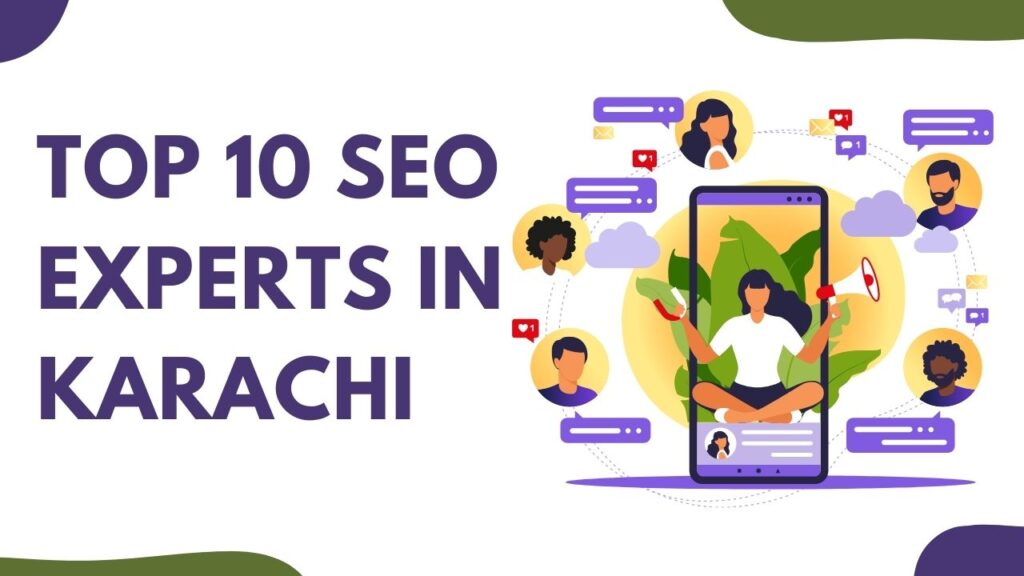The Complete Guide to Working with an SEO Agency Successfully
Introduction
In 2025, the world of digital marketing has become more competitive than ever. With the rise of Google AI Overviews, frequent algorithm changes, and new AI-driven search experiences, businesses can’t afford to rely on outdated SEO tactics. Ranking on Google now requires a combination of authority, trust, and a forward-thinking strategy.
That’s where a professional SEO agency comes in. Partnering with the right agency can transform your online presence, but success doesn’t happen automatically. It requires collaboration, clear communication, and a shared vision. This guide walks you through everything you need to know to work with an SEO agency effectively and get the most out of your investment.
The Changing Digital Landscape in 2025
Search is evolving fast. Instead of typing in simple keywords, users now ask detailed questions, and Google delivers AI-generated summaries alongside traditional results. Businesses are not just competing with each other—they’re competing with how AI chooses to present information.
This makes digital marketing in 2025 both challenging and exciting. A strong SEO strategy ensures your content isn’t lost in the noise but instead appears in AI summaries, featured snippets, and local search packs. To achieve this, working closely with an experienced agency is key.
See more: How Automated Temperature Monitoring Reduces Food Safety Risks
Expertise That In-House Teams Often Lack
Many small businesses try to handle SEO internally. While in-house teams may manage blog posts or social media, they usually lack the depth of skills needed for long-term SEO success. Modern SEO requires expertise in technical audits, content structuring, backlink acquisition, and data-driven strategy.
An SEO agency brings together a team of specialists. For example, while your in-house team might write articles, the agency ensures they’re optimized with schema markup, search intent analysis, and structure that increases the chances of appearing in Google AI Overviews. This level of expertise is difficult to achieve without external support.
Access to the Latest Tools and Analytics
SEO success isn’t built on guesswork—it’s built on data. Agencies invest in expensive tools like Ahrefs, SEMrush, and enterprise-level AI analytics platforms. These tools track competitor rankings, uncover keyword opportunities, and monitor backlinks.
Most small businesses can’t justify these costs, but by working with an agency, you gain access to insights that would otherwise be out of reach. For example, agencies can identify rising search trends in your industry and quickly adjust content strategies so you capture customers before competitors do.
Saving Time and Resources
Running a business already demands your full attention. Between managing staff, serving customers, and handling daily operations, SEO often gets pushed to the backburner. Yet SEO requires consistency—regular updates, monitoring, and optimization.
Outsourcing to an agency saves time and ensures ongoing progress. Instead of worrying about ranking reports or broken links, you can focus on growing your business while your agency takes care of the technical and strategic work. Think of it as adding a specialized department to your business without the overhead.

Better ROI with Professional Strategies
One of the biggest mistakes businesses make is focusing only on traffic. Getting visitors to your site is important, but conversions are what truly matter. An SEO agency uses professional SEO strategies that focus on turning clicks into customers.
For instance, an e-commerce store may have a blog post about “best running shoes in 2025.” On its own, it brings traffic. But an agency ensures that post links strategically to product pages, includes buyer-focused content, and encourages purchases. This results in real ROI—not just higher page views.
Staying Ahead of Competitors
Your competitors are constantly working to improve their SEO. If you’re standing still, you’re falling behind. Agencies help you stay ahead by monitoring competitors, analyzing their strategies, and adapting quickly to changes in the market.
For example, if a competitor earns backlinks from an industry blog, your agency might pitch thought leadership content to the same or similar outlets. By being proactive, agencies make sure you’re not just reacting but leading the competition.
Future-Proofing Your SEO with AI Overviews
The rise of Google AI Overviews has changed how visibility works online. These summaries highlight authoritative content and reduce the number of clicks to individual websites. Being included in these overviews gives your business credibility and massive exposure.
Agencies know how to optimize content for AI inclusion. They create structured articles, FAQ sections, and authoritative resources that increase the chances of your brand being pulled into AI-driven results. Imagine a customer searching “best tax tips for small businesses.” If your agency has optimized your content properly, you could be the source Google highlights.
Conclusion
Working with an SEO agency in 2025 is more than outsourcing—it’s about building a partnership that drives growth. Agencies bring expertise, advanced tools, and professional strategies that in-house teams rarely match. They save you time, maximize ROI, and prepare your business for the AI-driven search era.
To succeed, treat your agency as an extension of your business. Communicate openly, set clear goals, and trust their process. With the right collaboration, an SEO agency can take you from simply being found online to being chosen as the go-to authority in your industry.


